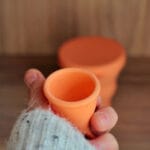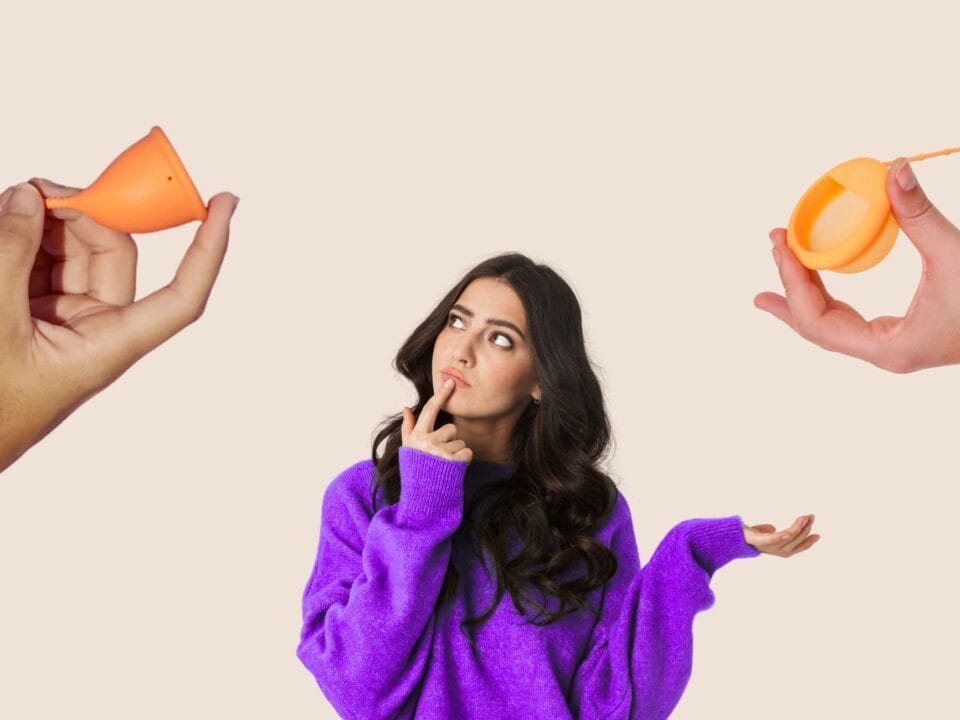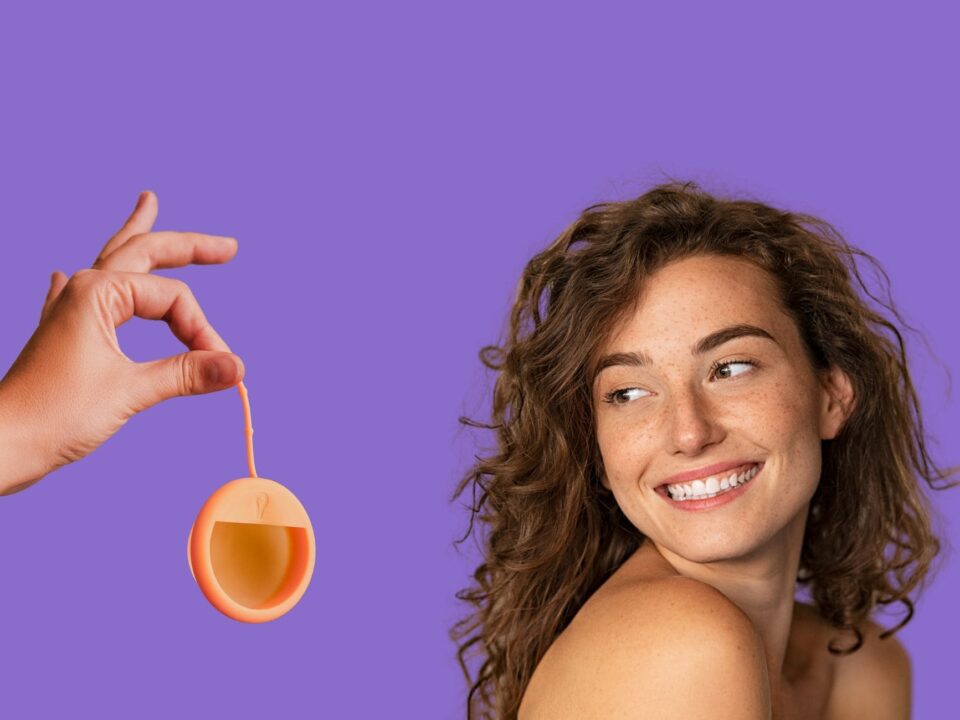
Can I use the menstrual cup if I suffer from vaginismus?
4 de October de 2021
Why do I bleed heavily during my period?
4 de October de 2021
Menstruation is a sign of health, just like blood pressure or pulse rate. If the menstrual cycle is healthy, we can interpret that we are in good health.
Things are changing.
More and more people are talking about menstruation naturally and without being ashamed. This is cause for celebration because a few years ago what is happening now was unthinkable.
There are entire books dedicated to menstruation, organizations that fight against menstrual poverty and figures, still little known, such as menstrual educators, who are dedicated to spreading the word about menstruation.
Something is brewing and little by little a menstrual movement has been created, driven by each of the gestures of many women who have gone their own way, opposing what they were supposed to do with their period: hide it and avoid it.
But today I am not here to talk to you about menstrual activism. I'm here to teach you how to identify if your hormonal system, that is, if your menstruation is healthy or not.
Menstruation is a sign of health, just like blood pressure or pulse rate. If the menstrual cycle is healthy, we can interpret that we are in good health.
If you menstruate you should be able to know what your period is telling you at all times, regardless of whether or not you want to get pregnant. Because, as I said before, your period is your monthly health check.
Most of us think we have a healthy menstruation if we get our period every 28 days and, although the reality is somewhat more complex, I have tried to simplify in 5 points what you should know about your menstrual cycle.
How can we know if our menstrual cycle is healthy?
Well, by observing this series of things in our menstrual cycle:
- Your period comes every 25 or 35 days.
- That your bleeding does not exceed 80 ml (in total during the whole bleeding phase).
- Do not let your period, the pain or the excess of sacredness, prevent you from leading a normal life. If you stop making plans because you are at home lying on the couch or because every hour you have to change.
- That there is no excess of clots and that they are not too large.
- That your menstrual cycle is ovulatory (this is a bit more complex to know unless you track your cycle with an app).
When you are in good health, your period will be smooth, regular and without bothersome symptoms.
When your period bothers you, it's because your body is trying to tell you something.
Things are changing.
More and more people are talking about menstruation naturally and without being ashamed. This is cause for celebration because a few years ago what is happening now was unthinkable.
There are entire books dedicated to menstruation, organizations that fight against menstrual poverty and figures, still little known, such as menstrual educators, who are dedicated to spreading the word about menstruation.
Something is brewing and little by little a menstrual movement has been created, driven by each of the gestures of many women who have gone their own way, opposing what they were supposed to do with their period: hide it and avoid it.
But today I am not here to talk to you about menstrual activism. I'm here to teach you how to identify if your hormonal system, that is, if your menstruation is healthy or not.
Menstruation is a sign of health, just like blood pressure or pulse rate. If the menstrual cycle is healthy, we can interpret that we are in good health.
If you menstruate you should be able to know what your period is telling you at all times, regardless of whether or not you want to get pregnant. Because, as I said before, your period is your monthly health check.
Most of us think we have a healthy menstruation if we get our period every 28 days and, although the reality is somewhat more complex, I have tried to simplify in 5 points what you should know about your menstrual cycle.



